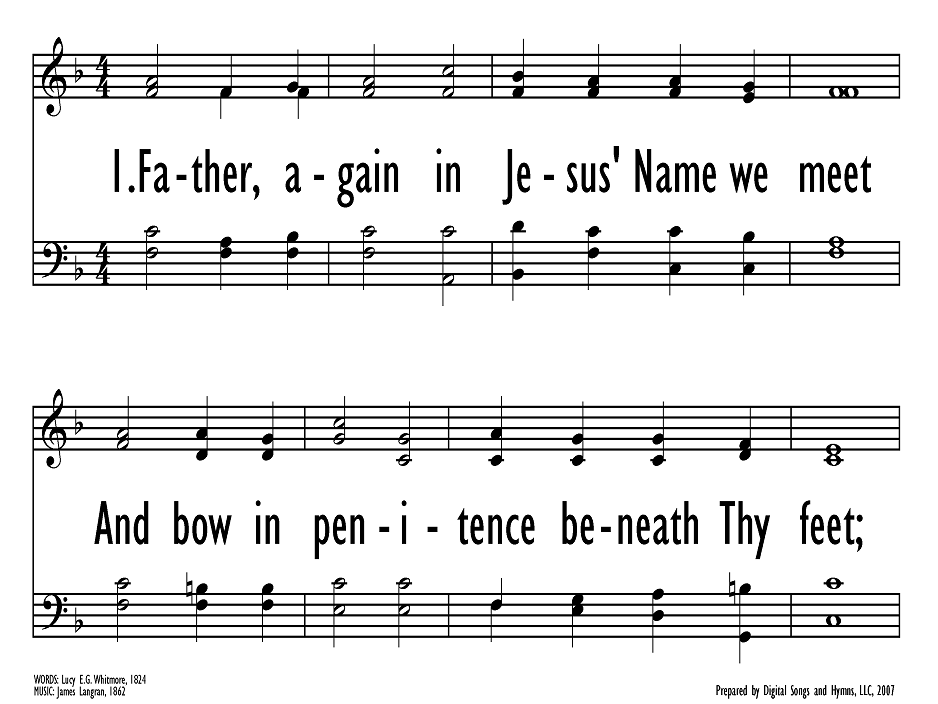290
Hear Us, O Lord, As We Voice Our Laments
Copyright Information
- Text Copyright
- © 2010 David Landegent, admin. Faith Alive Christian Resources
- Tune Copyright
- Public Domain
- Reprint/Projection Information
-
Scripture References
-
· · · · · · · · · · · · ·
Further Reflections on Scripture References
Many Scripture references point us to the concern for justice as a strong element in the kingdom of God. Similarly, the call to work for justice and to overcome injustice is a common cry. For many of the following songs, see such passages as Deuteronomy 27:6, Psalm 9:9, 10:18, 64:1-6, 72:1-4, 119:134, 137:1-9, Proverbs 21:3, Isaiah 1:17, Micah 6:6-8, Amos 5:15, Acts 10:34-38, Colossians 4:1 and James 1:27.
Confessions and Statements of Faith References
Further Reflections on Confessions and Statements of Faith References
Any song or testimony about the cries that comes from our nations and cities must be met with confessional statements about the mission of the church as listed here.
Our World Belongs to God, paragraphs 41-43 are explicit and pointed about the mission of the church: “In a world estranged from God, where happiness and peace are offered in many names and millions face confusing choices, we witness—with respect for followers of other ways—to the only one in whose name salvation is found: Jesus Christ.”
Later, Our World Belongs to God, paragraphs 52-54 point to the task of the church in seeking public justice and functioning as a peacemaker: “We call on our governments to work for peace and to restore just relationships. We deplore the spread of weapons in our world and on our streets with the risks they bring and the horrors they threaten…”
The Belhar Confession, section 3 calls the church to be a peacemaker, and section 4 calls the church “to bring about justice and true peace.”
Our Song of Hope, stanza 10 calls the church to seek “the welfare of the people” and to work “against inhuman oppression of humanity.”


 My Starred Hymns
My Starred Hymns




